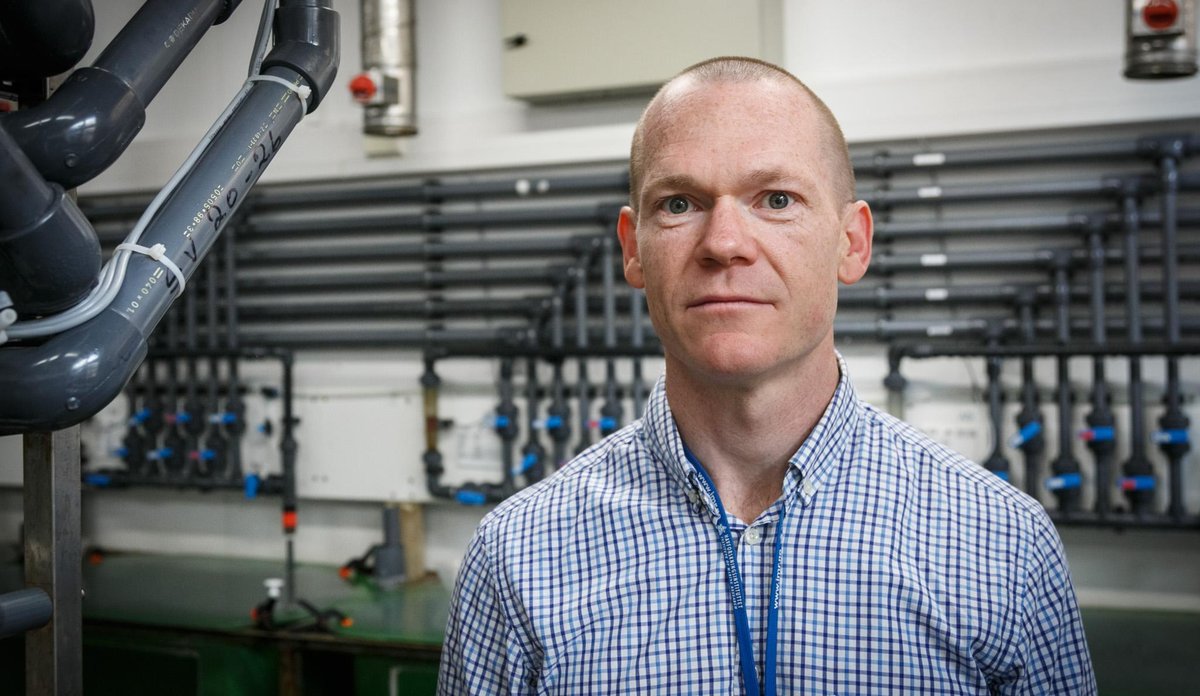Salmon lice capable of developing tolerance to fresh and warm water treatment

Kevin Glover er prosjektleder for studien, som viser at lakselus kan utvikle toleranse mot ferskvanns- og varmebehandling.
Published: 18.08.2017 Updated: 21.08.2018
“We’ve conducted two experiments to look at how different families of salmon lice tolerate treatment in freshwater and warm water. The lice should in principle not tolerate either, which is why these treatments have become prevalent delousing methods in the aquaculture industry,” says project manager Kevin Glover.
Diminishing effect of treatment in the long term
After experimenting on multiple salmon lice families, the results were compared.
“We noted clear differences in tolerance levels in the different families, and the louse as a species is therefore capable of developing increased tolerance to treatment with both freshwater and warm water,” Glover says.
Tolerance levels increase as the lice that best tolerate the treatment survive. These lice will eventually create their own offspring, and there is a big chance that the offspring will be born with higher tolerance to the treatment that their parents survived. In the long term this could mean that the salmon lice population will develop increased tolerance to freshwater (low salinity) and potentially also warm water. This has already happened when it comes to certain medicines.
“It’s important to stress that our findings do not mean that salmon lice are becoming resistant to treatment with freshwater and warm water, but they are highly likely to tolerate it better, rendering the treatments less effective in the long term,” says Sissel Rogne, director of the Institute of Marine Research.
Still efficient delousing methods
“This is fascinating work. As yet, we are the only institute to have bred families of salmon lice for such experiments, and we are the first to demonstrate that there are genetic variations in the extent to which salmon lice tolerate different temperatures and salinity levels,” Rogne says.
She stresses the importance of not exaggerating the significance of the findings.
“Environmental treatment of salmon lice remains an efficient delousing method, but it’s important to keep monitoring the effects of these treatments.”